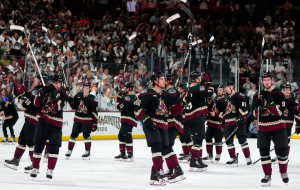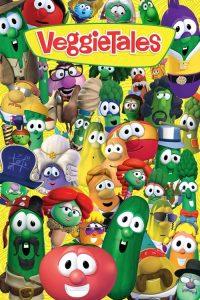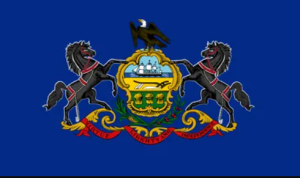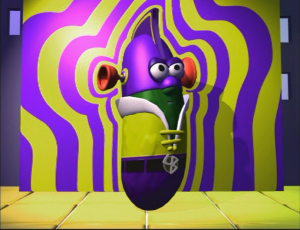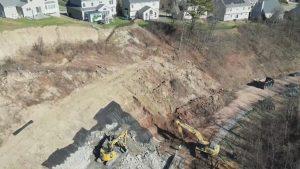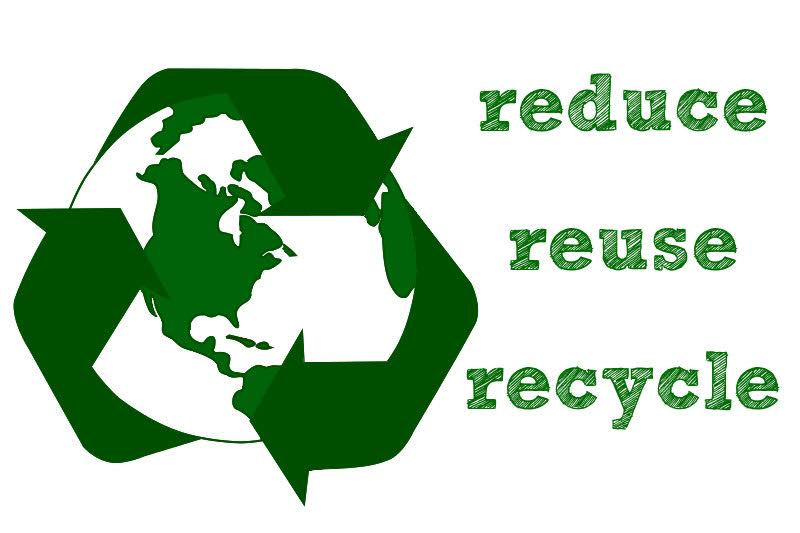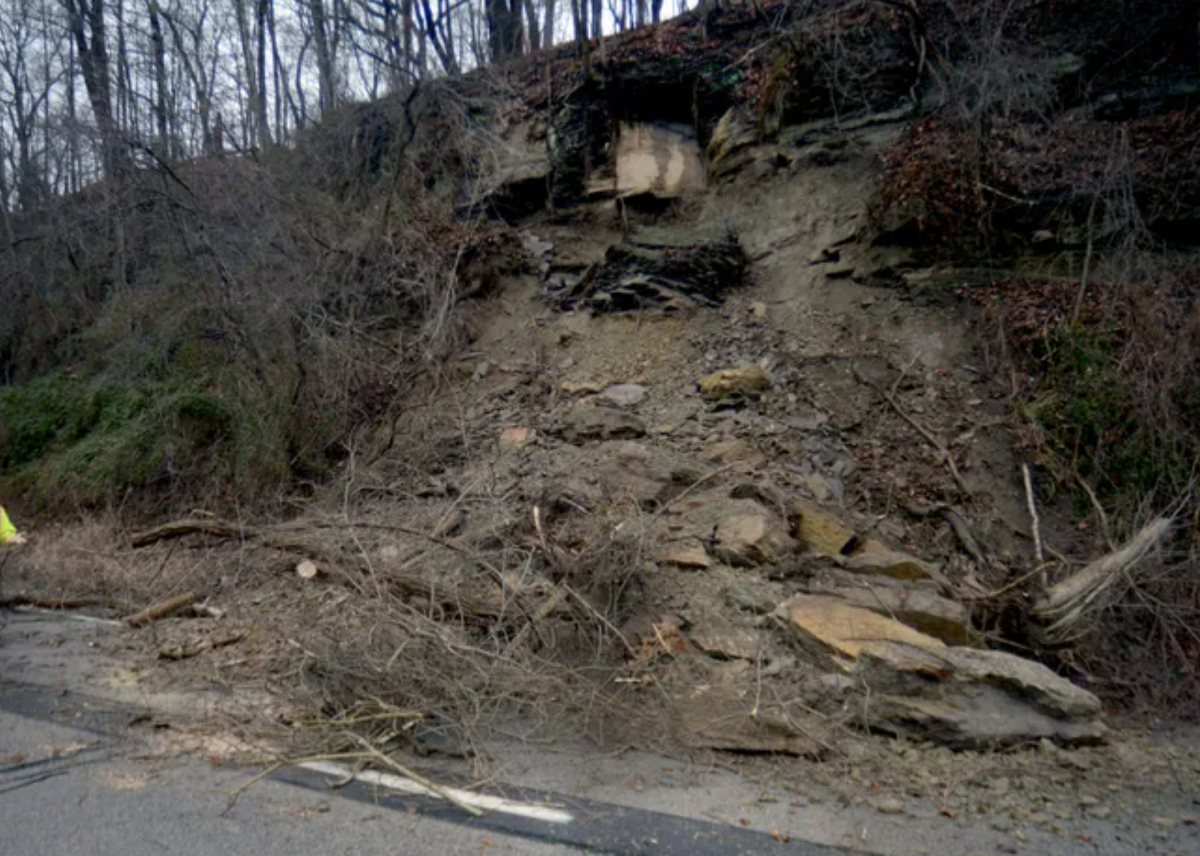RMU is going green, so on Feb. 18 in the John Jay Science Lab, Erika Deyarmin, public affairs coordinator, and Terri Fischer, education solutions representative from Waste Management, came to educate RMU about recycling.
In the late summer of 2015, RMU started a Robert Morris University Recycling and Sustainability Program. The program is intended to create an easier environment to recycle on campus and also involves educating students and faculty on what can and can not be recycled.
“Recycling is an easy way for everyone to do their part and contribute to the efforts to help our environment,” said Deyarmin, “In most cases, recycling takes little effort, but can have a big impact.”
Waste Management has many sites, but the one closest to RMU is the Pittsburgh MRF, or material recovery facility, located on Neville Island. The site processes about 10,000 tons of recyclables every month and has 100 employees working for them. Once the material goes to the facility to be processed, the materials are separated, put into large bales and shipped to the market for that material.
“We sort the material once it comes in to our facility, and then bale it,” said Deyarmin, “Our material is marketed as bales of specific types of commodities. We market and ship it to end users in that format.”
There are three main rules to recycling. The first is to recycle all cans, bottles and paper. Unfortunately, 69% of plastic bottles don’t get recycled, which is a waste of resources. The second is to keep food and liquids out of recycling because once something with food is put into the bin, the whole bin is contaminated and thrown away. The third rule is to keep the plastic bags out of recycling. If there are too many plastic bags going through the system, they have the power to shut the whole site.
“We want to make sure that the paper and cardboard fibers stay dry. If the cardboard gets wet it breaks down all the fibers and takes away all the good quality, so there is no material left to recycle,” said Fischer, “We want to keep food waste out of the recycling bin so we really need all your food and beverage containers to be rinsed out…if you put a bottle with liquid in the container it is going to make everything wet and contaminate the load.”
Waste Management is also working with other schools like RMU, and they are working to educate students on what can be recycled and how easy it can be.
“We made great strides in our efforts to simplify recycling for all consumers, which is part of our mission…,” said Deyarmin, “By asking recyclers to focus on simple rules, it can really help eliminate confusion of what can be recycled and it helps us to clean up contamination at our facilities.”
For more information on Waste Management and their “Recycle Often. Recycle Right.” campaign, go to www.rorr.com.



